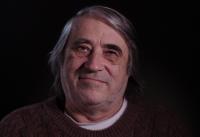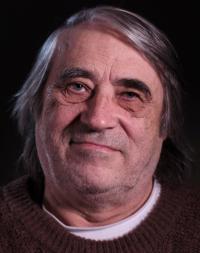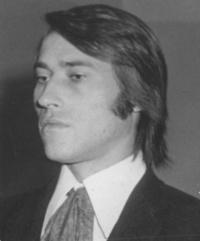They closed the border and my plans were over

Stáhnout obrázek
Michal Matzenauer was born on 20 November 1947 in Prague. His father worked in Vsetín in a brewery owned by the Thonet family who ran a large furniture factory. Michal had spent all of his childhood in the brewery. Already back then did he enjoy drawing and writing. However, in the ninth grade he had fallen for chemistry and decided to continue his studies at a chemical engineering school located in Zlín. He established his own studio, attended the local priest‘s lectures on theology and philosophy and discussed art with his friends. As he was growing up, poetry became his main passion. At high school he co-founded a student literary magazine. Following Michal‘s graduation from high school, a friend of his helped him get a medical statement which allowed him to avoid compulsory military service. Instead, he had taken a job in a chemical factory in Kralupy nad Vltavou near Prague. In August 1968 Michal was an eye-witness of Prague‘s occupation by the Warsaw Pact armies. The next year he intended to go study at Oxford University. He and his friend already set out but on the way Michal found out that his mum was dying. Upon his return to Czechoslovakia the communists closed all borders. He then went through numerous jobs before settling for the work of a hydrogeologist, travelling throughout the country in a trailer for fifteen years, writing poetry and drawing. In the 1970s he had married a Protestant priest and established contacts with the dissidents. In 1977 he became one of the signatories of Charter 77, and ever since was followed and interrogated. His wife eventually decided to emigrate while he stayed in Czechoslovakia. After the Velvet Revolution his work was finally fully appreciated and ever since he had numerous individual exhibitions. At present he is finishing two collections of poems.


